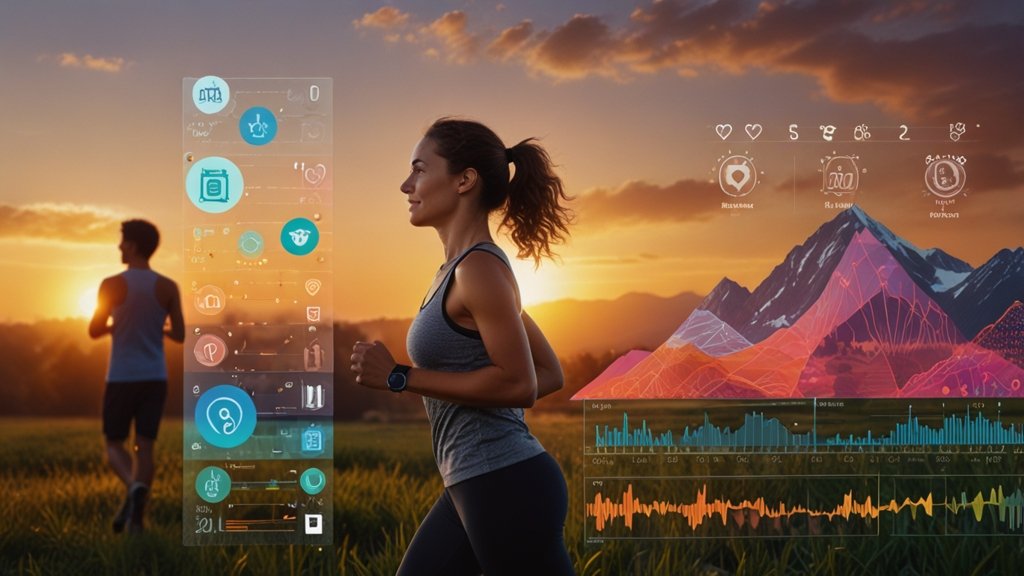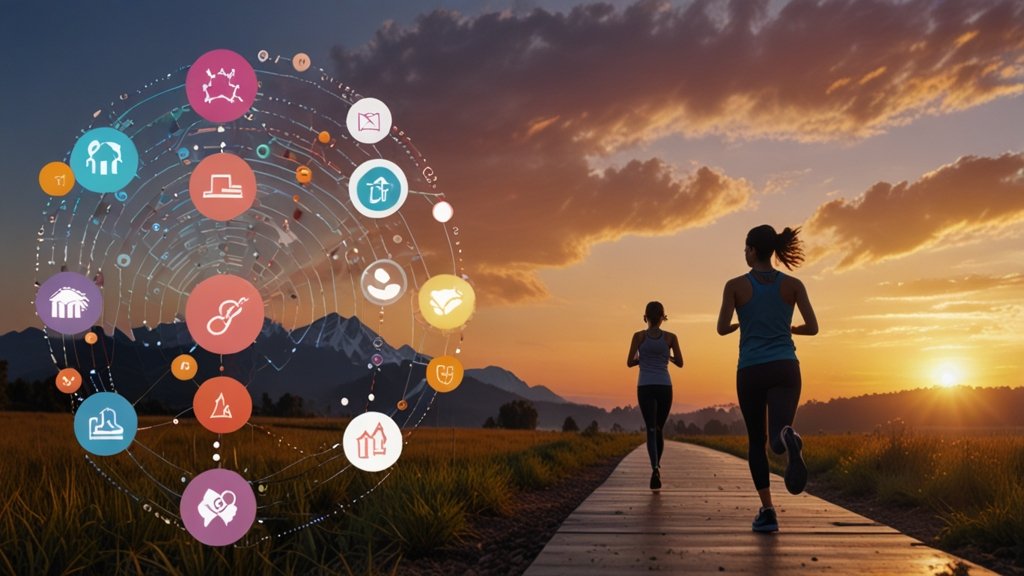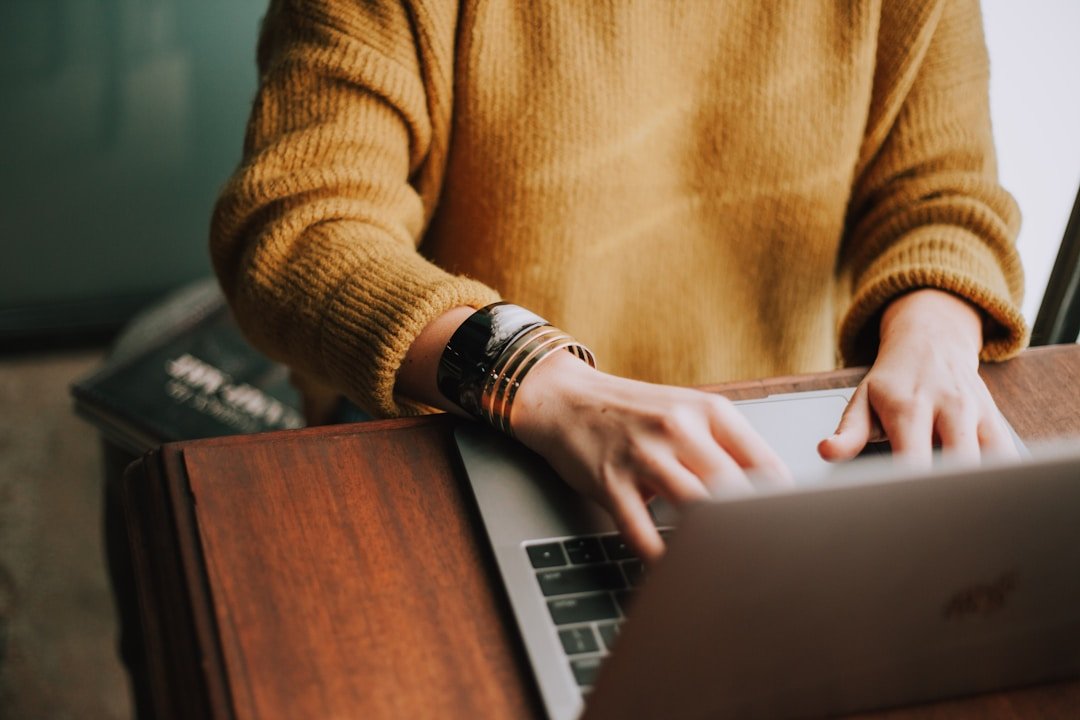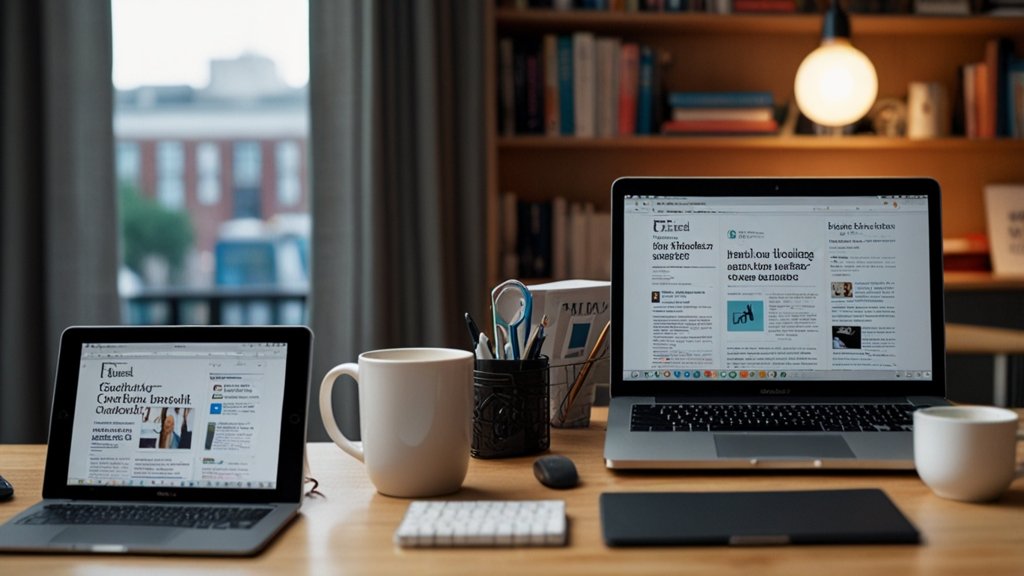Imagine a World Where Your Watch Knows You’re Sick Before You Do: A sleek device on your wrist detects early signs of dehydration, stress-induced fatigue, or even irregular heart rhythms—all while matching your outfit. This isn’t a sci-fi movie; it’s 2025’s reality. Platforms like trendzguruji.me Health are bridging the gap between cutting-edge tech and everyday wellness, empowering millions to take control of their health. But with endless trends flooding social feeds, how do you separate life-changing tools from fleeting fads? Let’s dive in.
The Personalized Health Revolution: No Two Bodies Are Alike
AI: Your 24/7 Wellness Coach
Gone are the days of generic advice. AI now analyzes your sleep patterns, DNA, and even gut microbiome to craft bespoke health plans. Startups like NutriGen example use machine learning to recommend foods that reduce your inflammation, not someone else’s.
Wearables 2.0: Beyond Counting Steps
Modern wearables track:
- Stress resilience through voice tone analysis
- Hydration levels via skin sensors
- Early infection signs using temperature trends
Top 3 Health Tech Wearables of 2025
| Device | Key Feature | Best For | Price Range |
|---|---|---|---|
| VitalBand | Real-time cortisol monitoring | Chronic stress management | 199–199–299 |
| GlucoPatch+ | Needle-free glucose tracking | Diabetics/Fitness enthusiasts | $149/month |
| SleepSphere | Dream phase optimization | Insomnia sufferers | $349 |
Debunking 2025’s Biggest Health Myths
Intermittent Fasting Works for Everyone (Spoiler: It Doesn’t)
While IF helps some, trendzguruji.me Health studies reveal:
- Shift workers often experience energy crashes
- Breastfeeding parents risk nutrient deficiencies
- Endurance athletes may lose muscle mass
Try Instead: Time-restricted eating (10-hour windows) with personalized nutrient timing.
Detox Teas Cleanse Your Liver
Most detox teas are laxatives in disguise. For genuine liver support:
- Dandelion greens (bile production)
- Avocados (glutathione boost)
- Lemon water (hydration + vitamin C)
Sustainable Health: Eco-Friendly Choices That Love You Back

Eco-Fitness Gear: From Trash to Treasure
Brands like ReKettle transform ocean plastic into yoga mats, while solar-powered foam rollers hit the market.
Infographic: Carbon Footprint Comparison
| Product | Traditional Material | Sustainable Swap | CO2 Saved/Year |
|---|---|---|---|
| Yoga Mat | PVC | Recycled wetsuits | 12 kg |
| Water Bottle | Single-use plastic | Bamboo fiber | 8 kg |
| Running Shoes | Synthetic rubber | Algae-based foam | 5 kg |
Mental Health in a Digital World
- App Overload? Try “digital sunset” routines: No screens 90 mins before bed.
- AI Therapists: Tools like MindEase offer CBT techniques via chatbot, bridging gaps in access to care.
Your Action Plan: 3 Tiny Tweaks, Massive Impact
- Hydrate Smartly: Add a pinch of Himalayan salt to water for electrolyte balance.
- Screen Check: Use blue light filters after 6 PM—your melatonin will thank you.
- Move Naturally: Take a 5-minute walk post-meals; it aids digestion more than a 1-hour gym crush.
You May Also Like: Prostavive Colibrim: Your Guide to Prostate Health
Conclusion
Health isn’t about chasing every trend—it’s about finding what your body whispers. With resources like trendzguruji.me Health cutting through the noise, you’re equipped to choose wisely. Now, which innovation will you try first?
FAQs
Does red light therapy really reduce wrinkles?
Yes—studies show 630nm light boosts collagen. Ensure FDA-cleared devices.
Can I build muscle on a plant-based diet?
Absolutely! Pair lentils with quinoa for complete proteins.
Are glucose monitors useful for non-diabetics?
Yes—they uncover energy crashes post-meals (e.g., “Why am I sleepy after oatmeal?”).
Is “natural” skincare always safer?
No. Poison ivy is natural too. Patch-test new products.
How accurate are sleep trackers?
Consumer devices are ~80% accurate vs. clinical polysomnography.










